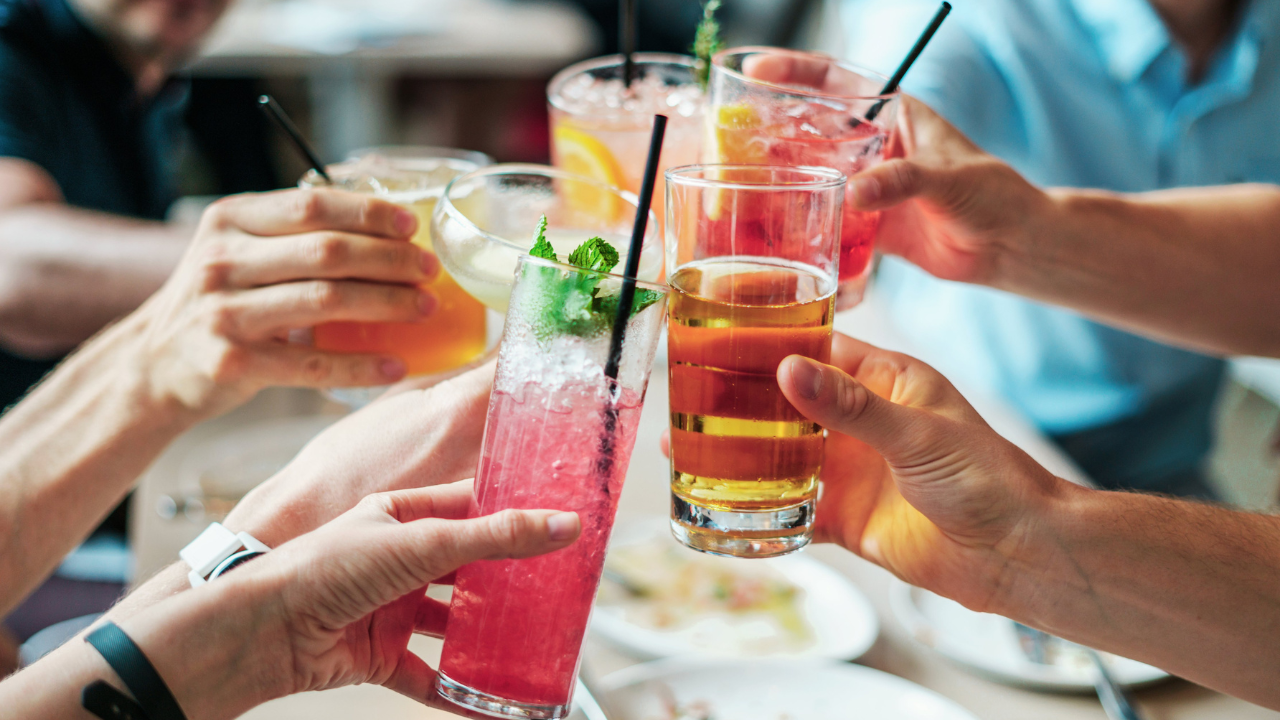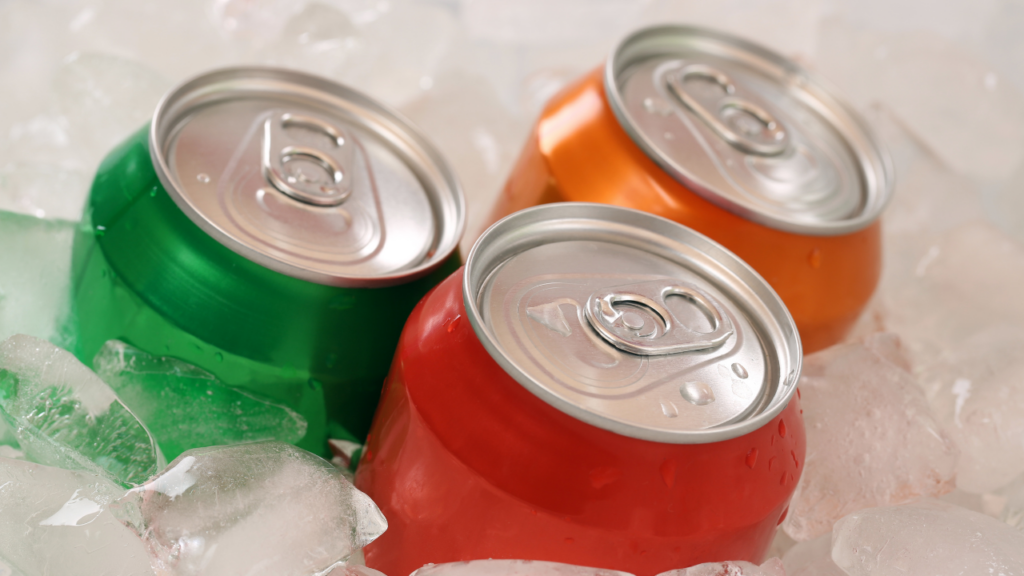How Will the Beverage Industry Change in 2025?

Summary
The beverage industry is expected to undergo a major transformation in 2025, shaped by evolving consumer preferences and increased awareness of health and environmental impact. The new generation of beverages will be defined by natural ingredients, health-focused functionality, and eco-conscious packaging.
1. Flavor Innovation: Where Tradition Meets Creativity
Modern consumers are seeking more than just refreshment—they crave new, exciting taste experiences that balance the familiar with the unexpected. Natural fruit flavors such as orange, grapefruit, lemon, and mixed berries remain popular due to their freshness and nutritional appeal. Alongside these, herbal infusions from ingredients like butterfly pea flower, black tea, and chamomile are gaining traction, bringing novelty and sophistication to everyday drinks.

Global flavor fusion is also on the rise. Inspired by international cuisines, beverage brands are blending ingredients from different cultures to create unique flavor profiles. An example is adding traditional Japanese miso to coffee or cocktails, combining savory and sweet notes for a bold sensory experience.
2. Functional Beverages: Health and Utility First
The future of beverages is functional. With rising health consciousness, consumers are demanding drinks that do more—support immunity, enhance energy, and aid digestion. The global functional beverage market is projected to reach $306.76 billion by 2029, growing at a CAGR of 7.49%.
Probiotic drinks, protein-enhanced beverages, and vitamin-infused waters are increasingly appealing to fitness enthusiasts and wellness-focused consumers. At the same time, there’s a marked shift toward low-sugar or sugar-free options, with natural sweeteners like agave nectar and date syrup taking center stage. These developments reflect a growing preference for clean-label, nutritious products.
3. Packaging Formats: Convenience Meets Sustainability
Consumer expectations are changing—not just about what's inside the bottle but also how it's packaged. Aluminum cans are rising in popularity due to their convenience and high recyclability. Eco-friendly materials, including biodegradable and compostable packaging, are becoming industry standards.

Brands that embrace sustainable packaging solutions not only cater to environmentally conscious buyers but also strengthen their commitment to corporate responsibility. The movement toward a circular economy is influencing packaging innovation across the board, pushing companies to minimize waste and optimize resource use.
4. Experience and Technology: Redefining Beverage Engagement
The intersection of tradition and modernity is redefining how consumers interact with beverages. Experiential marketing is on the rise—think drink-themed events combined with music festivals or retro television series. Nostalgic cocktails with a modern twist, drawing inspiration from the 1990s, are particularly popular among millennials and Gen Z.
Product innovation is also thriving. Prebiotic sodas and customizable "dirty sodas" are emerging as playful, health-forward alternatives. Sparkling teas are being marketed as non-alcoholic replacements for wine, aligning with the sober-curious movement. These experiences not only elevate the drinking ritual but also deepen consumer-brand connections.
5. Nam Viet Group: A Green Pioneer in the Beverage Industry
The Nam Việt Group, a leading beverage manufacturer in Vietnam, is setting a benchmark for the industry's future. With a global presence and a strong commitment to innovation, the company goes beyond simply meeting consumer demand—it actively shapes it.
Coconut Water – Sugar-free, rich in natural minerals, and an excellent hydration choice.
100% Fruit Juice – Made from pure fruit, with no preservatives, no added sugar, and packed with natural vitamins.
Aloe Vera Drink – Naturally sweetened with fruit extracts
The Nam Việt Group focuses on delivering beverages that align with modern health trends, offering products made from natural ingredients and reduced-sugar formulas. At the same time, the company integrates sustainability at every stage of its production process. From adopting eco-conscious packaging materials to reducing waste and carbon footprint, Nam Việt Group is championing environmentally friendly practices.
6. Vietnam’s Beverage Market: Opportunities and Challenges
Vietnam's beverage industry is booming, powered by a youthful population, rising incomes, and a growing appetite for healthier products. The country is forecasted to see a 50% increase in beverage consumption—from 4.3 billion liters in 2024 to 6.5 billion liters in 2028—ranking it among the top 10 fastest-growing markets in Asia.
However, this rapid growth also comes with evolving consumer demands. Vietnamese buyers are showing a strong preference for natural, low-sugar, or sugar-free beverages, which poses a challenge for brands reliant on traditional formulas. Simultaneously, the drive for sustainability is pushing companies to rethink manufacturing, packaging, and distribution in alignment with eco-friendly goals.
Conclusion
The beverage industry in 2025 will be a vibrant landscape marked by change and innovation. Flavor experimentation, health-driven functionality, sustainable packaging, and immersive experiences will be key differentiators. Companies that stay ahead of these trends—while aligning with consumer values and environmental responsibility—will shape the future of the industry and secure lasting success in an increasingly competitive market.
